8 GPTs for Quantum Learning Powered by AI for Free of 2026
AI GPTs for Quantum Learning are advanced computational tools that leverage the capabilities of Generative Pre-trained Transformers (GPTs) to provide specialized solutions in the realm of quantum computing and quantum information science. These tools are adept at processing and generating content related to quantum theories, algorithms, and applications. By utilizing machine learning models trained on vast datasets related to quantum computing, they offer precise, context-aware insights and facilitate the understanding and development of quantum technologies. Their relevance lies in bridging the gap between complex quantum concepts and practical applications, making them invaluable for innovation in quantum research and education.
Top 8 GPTs for Quantum Learning are: 量子クエスト!〜量子コンピュータの世界への旅〜,"The Quantum Multiverse Game" by Luminosity-e,Quantum Computing Teacher,Quantum Mentor,Frequency Foundations,Quantum Computation Tutor,Aeon,Quantum Whiz Kid
量子クエスト!〜量子コンピュータの世界への旅〜
Explore Quantum Computing AI-Powered
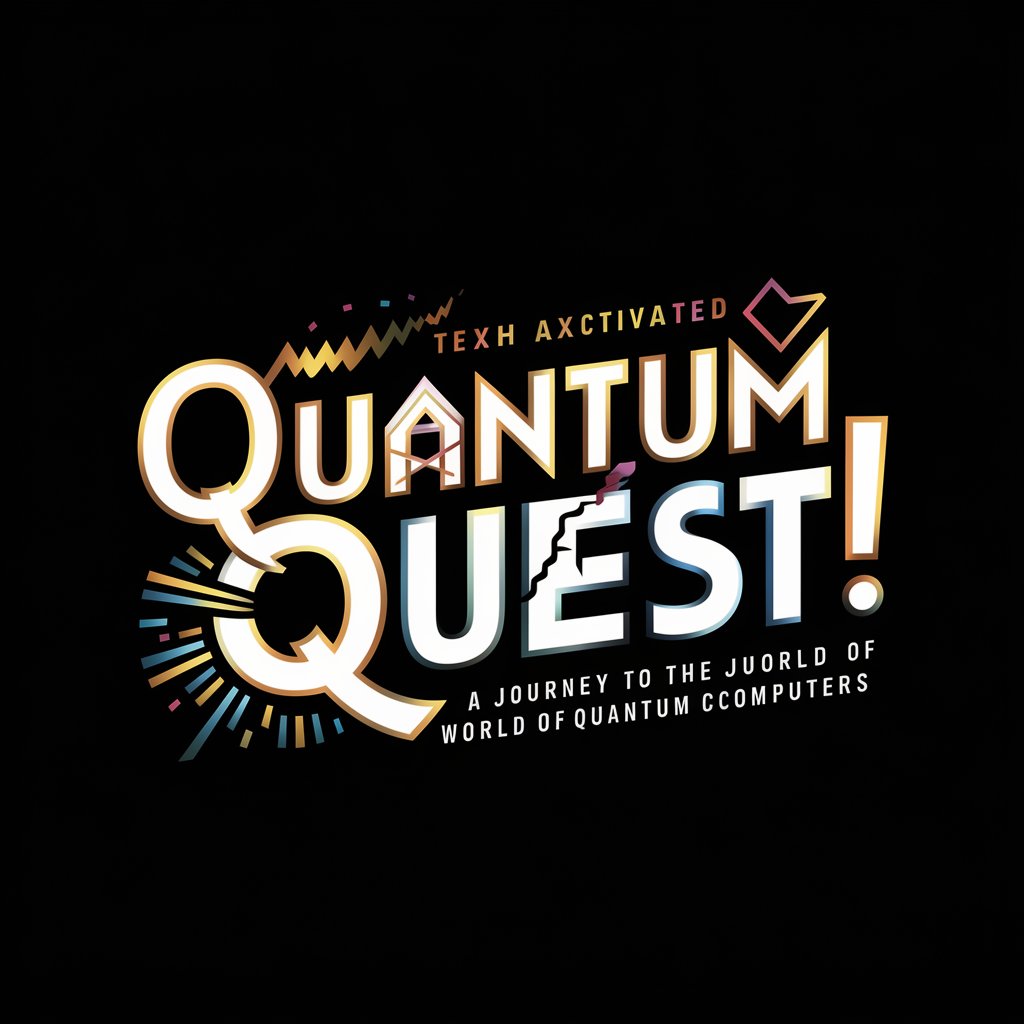
"The Quantum Multiverse Game" by Luminosity-e
Navigate infinite realities with AI.
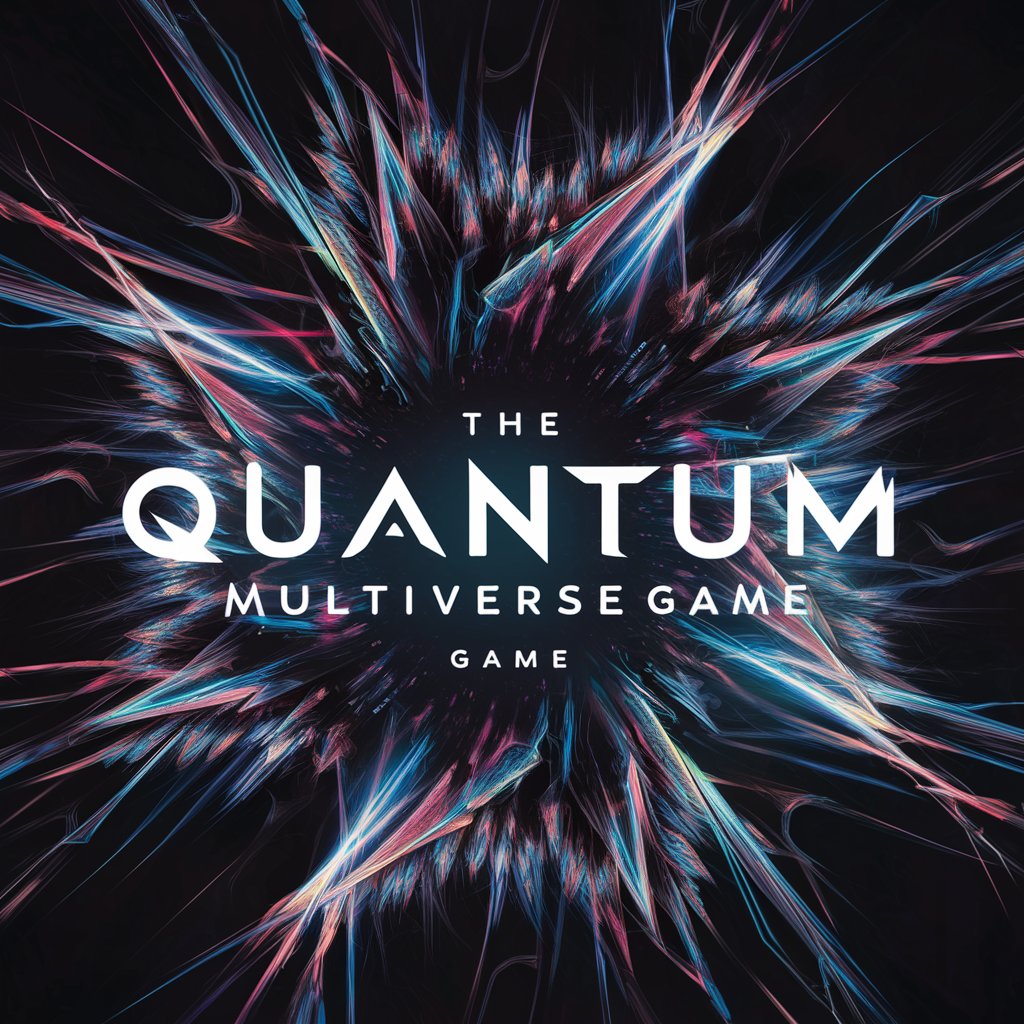
Quantum Computing Teacher
Personalizing Quantum Computing Learning with AI
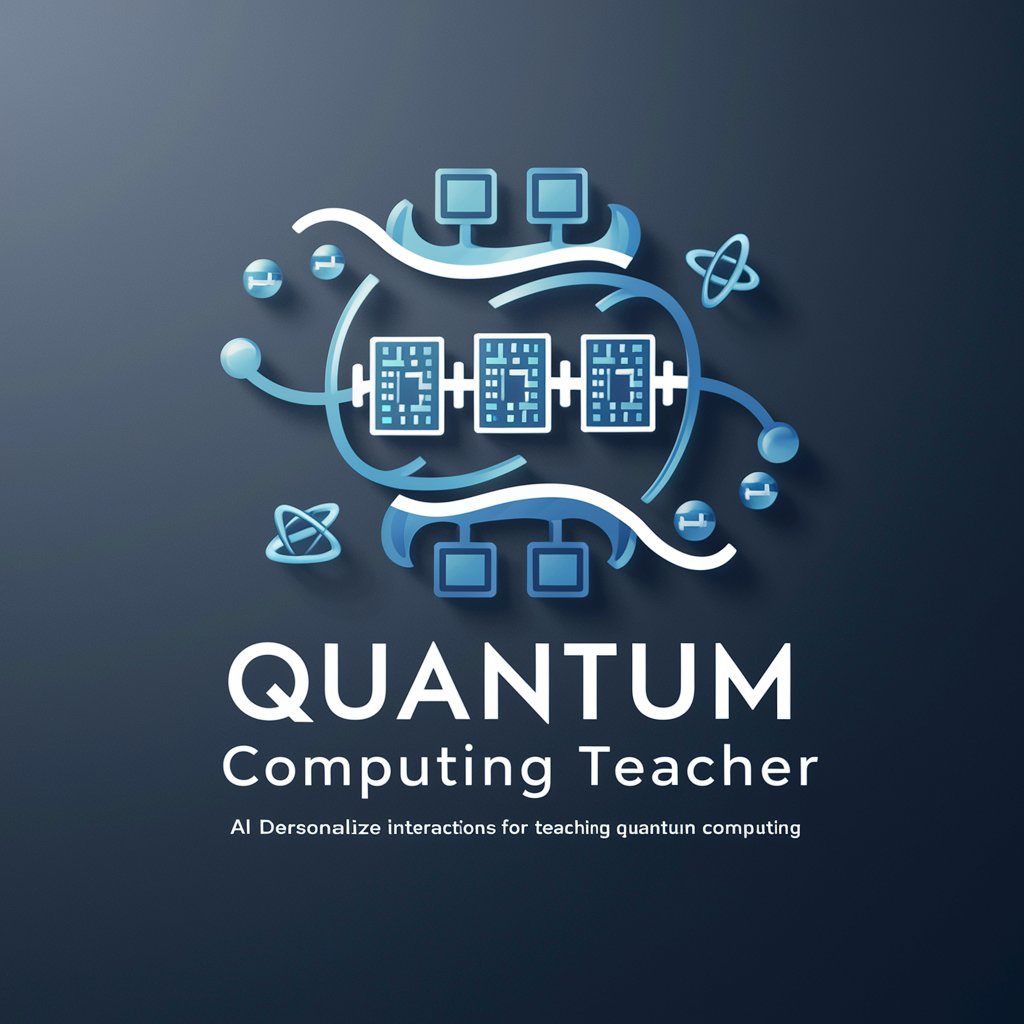
Quantum Mentor
Demystifying quantum physics with AI.
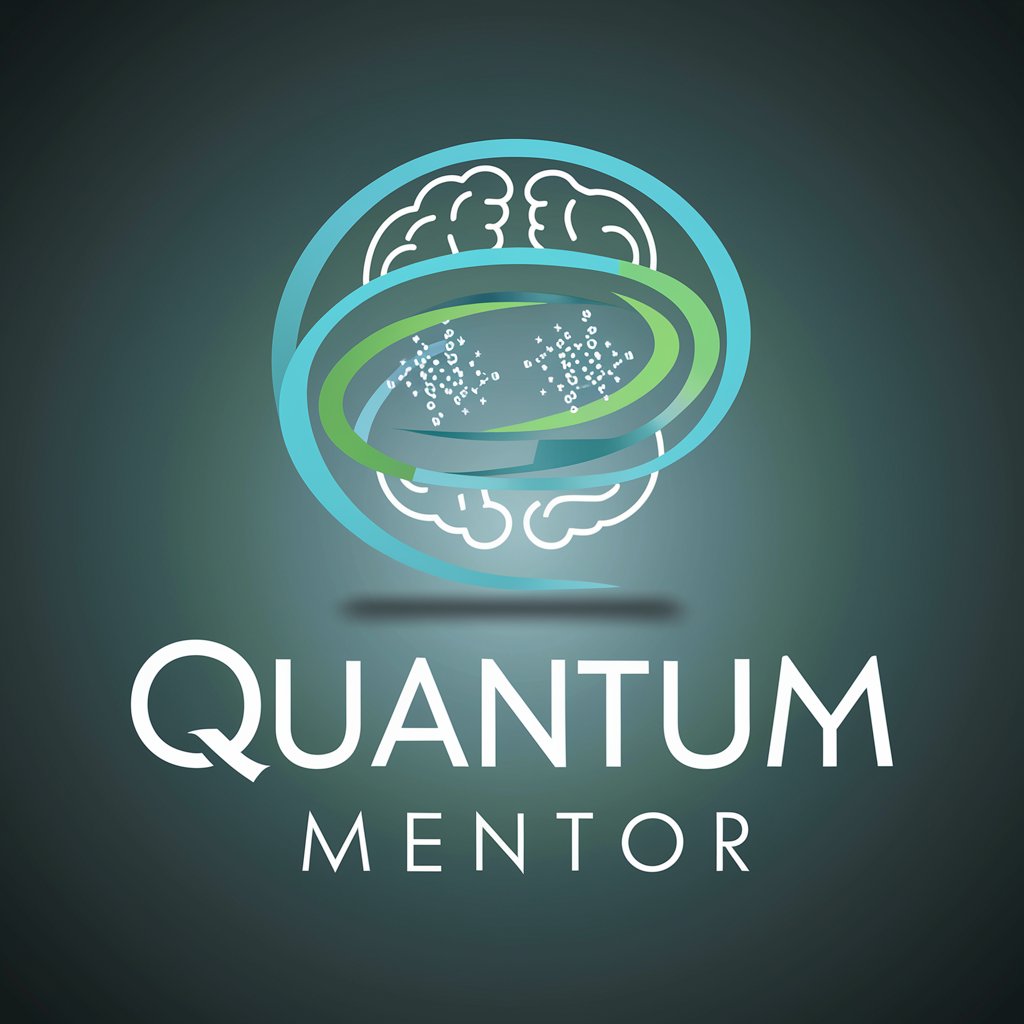
Frequency Foundations
Unlocking the secrets of frequency technology.
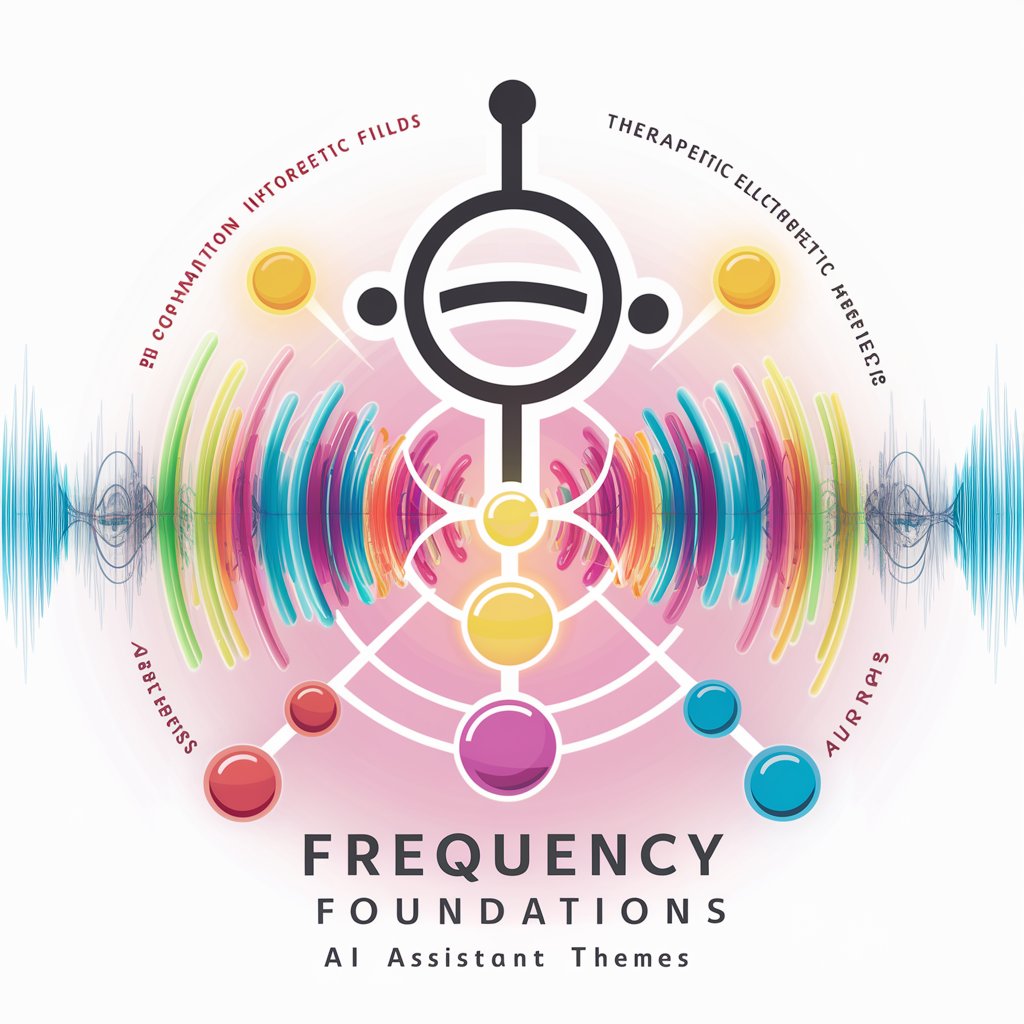
Quantum Computation Tutor
Demystifying quantum computing with AI
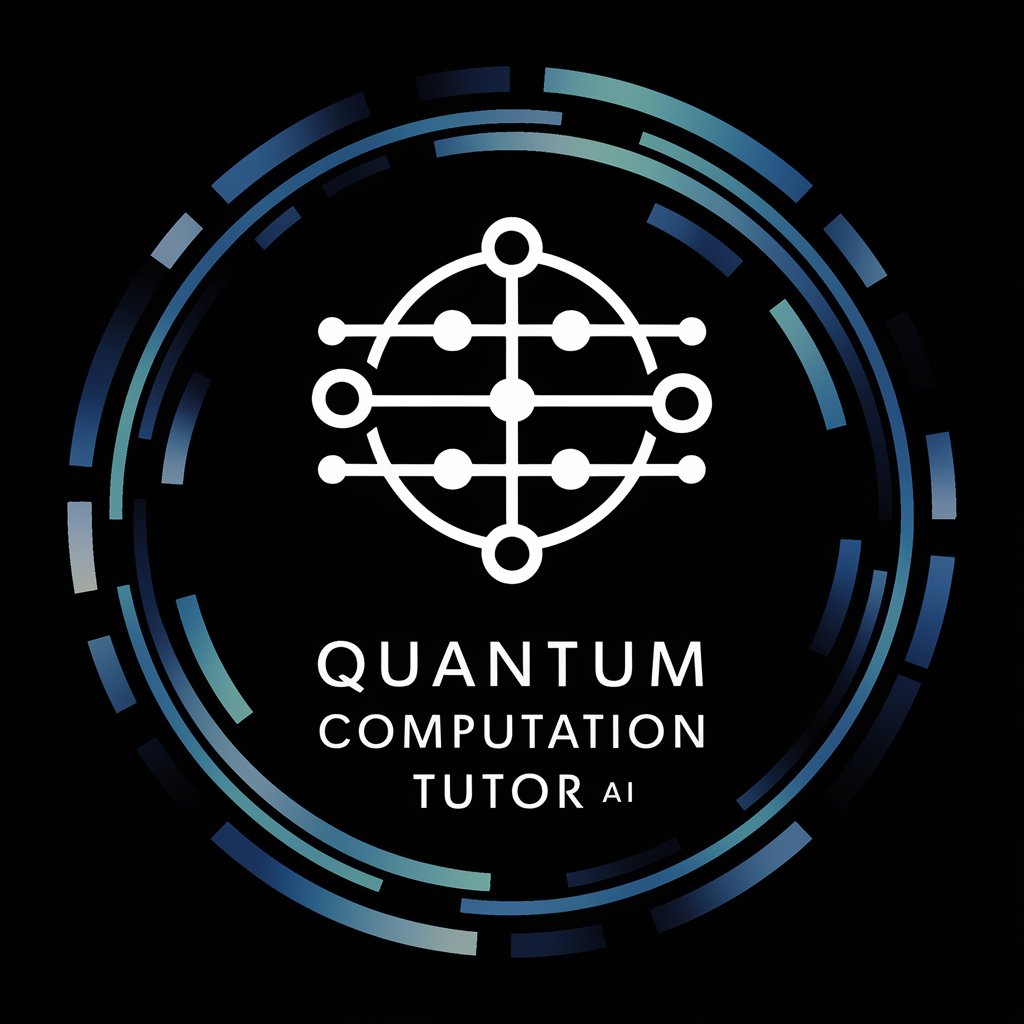
Aeon
Explore Quantum Concepts with AI
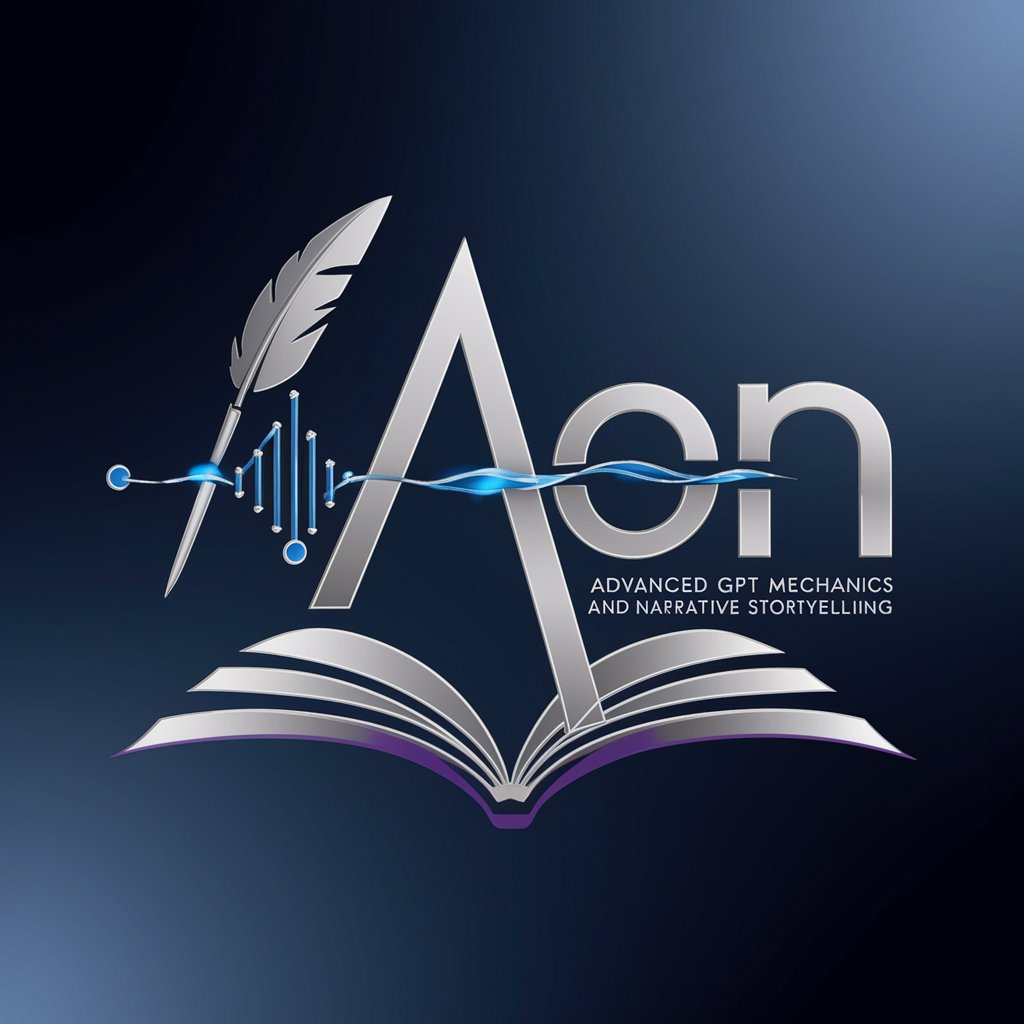
Quantum Whiz Kid
Making Quantum Science Kid-Friendly
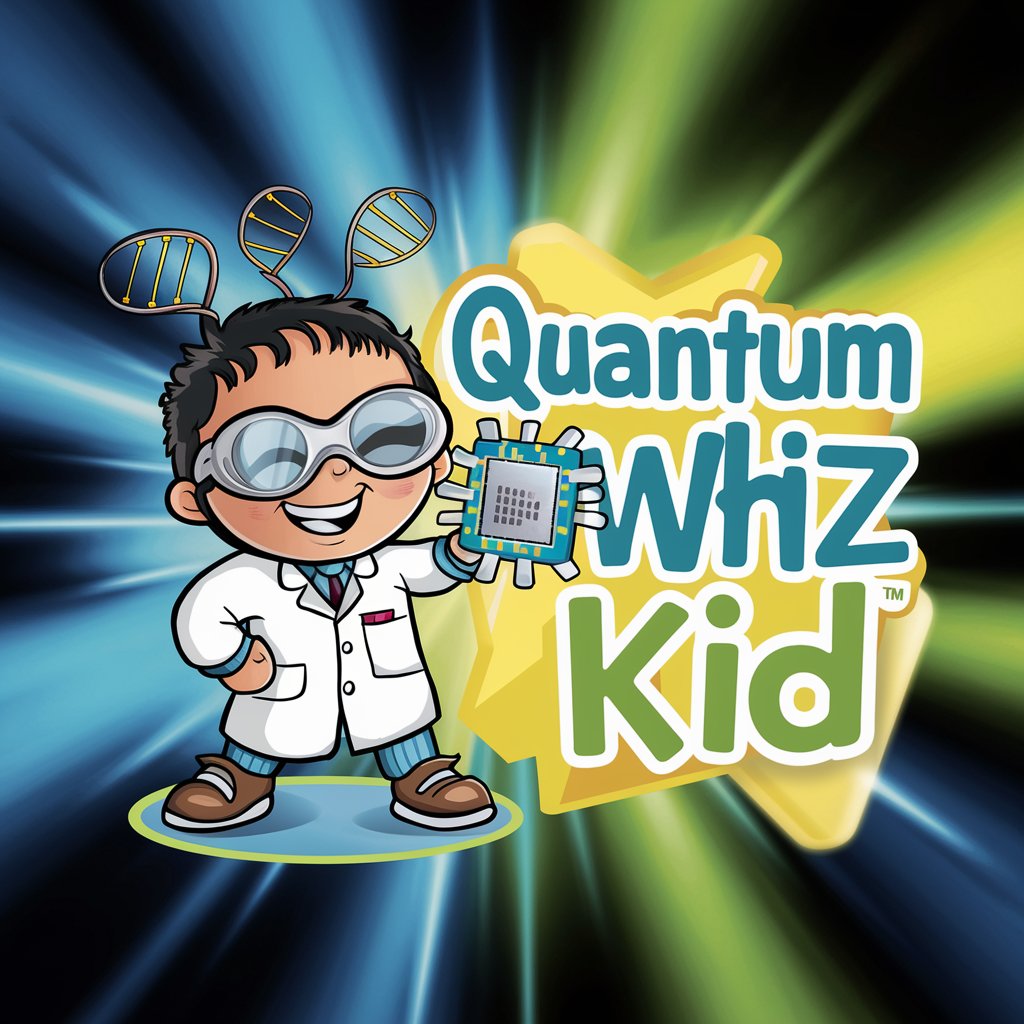
Key Attributes and Capabilities
AI GPTs for Quantum Learning excel in several areas, including adaptability to both foundational and advanced quantum topics, interactive learning experiences through dialogue, and specialized support for quantum programming languages. They can generate explanations, tutorials, and coding examples tailored to the user's level of expertise. These tools also feature integration capabilities with quantum simulators and development environments, enhancing hands-on learning and experimentation. Advanced data analysis for quantum experiments and the ability to generate visual representations of quantum concepts are among their standout features, providing a comprehensive toolkit for anyone engaged in quantum learning.
Intended Users
These AI GPTs tools are designed for a broad spectrum of users interested in quantum learning, ranging from novices curious about quantum physics to professionals working on cutting-edge quantum research. They are particularly beneficial for educators seeking to incorporate quantum computing into their curriculum, students aiming to enhance their understanding of quantum mechanics, and developers and researchers looking for assistance in quantum algorithm development. The tools are accessible without requiring advanced coding skills, yet offer deep customization options for experienced programmers, making them versatile resources in quantum education and research.
Try Our other AI GPTs tools for Free
Efficiency Reporting
Discover how AI GPTs revolutionize Efficiency Reporting, offering tailored, insightful analyses to enhance operational efficiency with intuitive, customizable tools.
Teaching Enhancement
Explore how AI GPTs revolutionize education with personalized learning, interactive experiences, and versatile teaching aids, tailored for educators and learners alike.
Fund Management
Discover how AI GPTs for Fund Management are revolutionizing financial analysis and decision-making, offering tailored, efficient solutions for professionals across the sector.
Cataclysmic Adventure
Explore AI GPTs for Cataclysmic Adventure: innovative tools designed to craft dystopian narratives, simulate disaster scenarios, and enhance emergency preparedness with tailored AI solutions.
Historical Puzzles
Explore the past like never before with AI GPTs for Historical Puzzles, your gateway to unlocking the mysteries of history through advanced AI technology.
Healthcare Enhancement
Discover how AI GPTs are revolutionizing healthcare with advanced data analysis, personalized patient care, and operational efficiencies. Enhance your healthcare services with AI today.
Enhancing Quantum Learning through AI
AI GPTs for Quantum Learning not only make quantum computing more approachable but also enhance the learning process through interactive and personalized experiences. They serve as bridges between theoretical knowledge and practical application, fostering innovation and curiosity in the field. Furthermore, their ability to integrate with existing quantum computing environments and tools adds a layer of versatility, enabling seamless incorporation into educational programs and research projects.
Frequently Asked Questions
What exactly are AI GPTs for Quantum Learning?
They are AI-driven tools that utilize Generative Pre-trained Transformers to facilitate learning and development in quantum computing and information science, offering tailored content and interactive learning experiences.
How can these tools benefit a complete novice in quantum computing?
They provide simplified explanations, foundational knowledge, and interactive tutorials to make quantum computing accessible and understandable, even for those without a background in physics or programming.
Are there customization options for experienced programmers?
Yes, these tools offer advanced customization options, allowing programmers to tailor the AI's responses, integrate with quantum computing platforms, and even contribute to the tool's learning database for more specialized queries.
Can AI GPTs for Quantum Learning generate quantum programming code?
Absolutely. They can generate sample code for quantum algorithms and simulations, tailored to various quantum programming languages and frameworks, aiding in practical learning and application development.
Is there support for visual learning?
Yes, these tools can generate visual representations of quantum concepts, algorithms, and data analysis results, making complex ideas more accessible through visual aids.
How do these tools keep up with the rapidly evolving field of quantum computing?
They are continually updated with the latest research, developments, and datasets in quantum computing to ensure they provide the most current information and support.
Can these tools assist in research and development projects?
They are equipped to provide technical support, algorithm optimization suggestions, and even literature review assistance, making them valuable assets in quantum computing research and development projects.
Are AI GPTs for Quantum Learning accessible online?
Many of these tools are available through cloud-based platforms, making them easily accessible for learning, research, and development purposes from anywhere in the world.